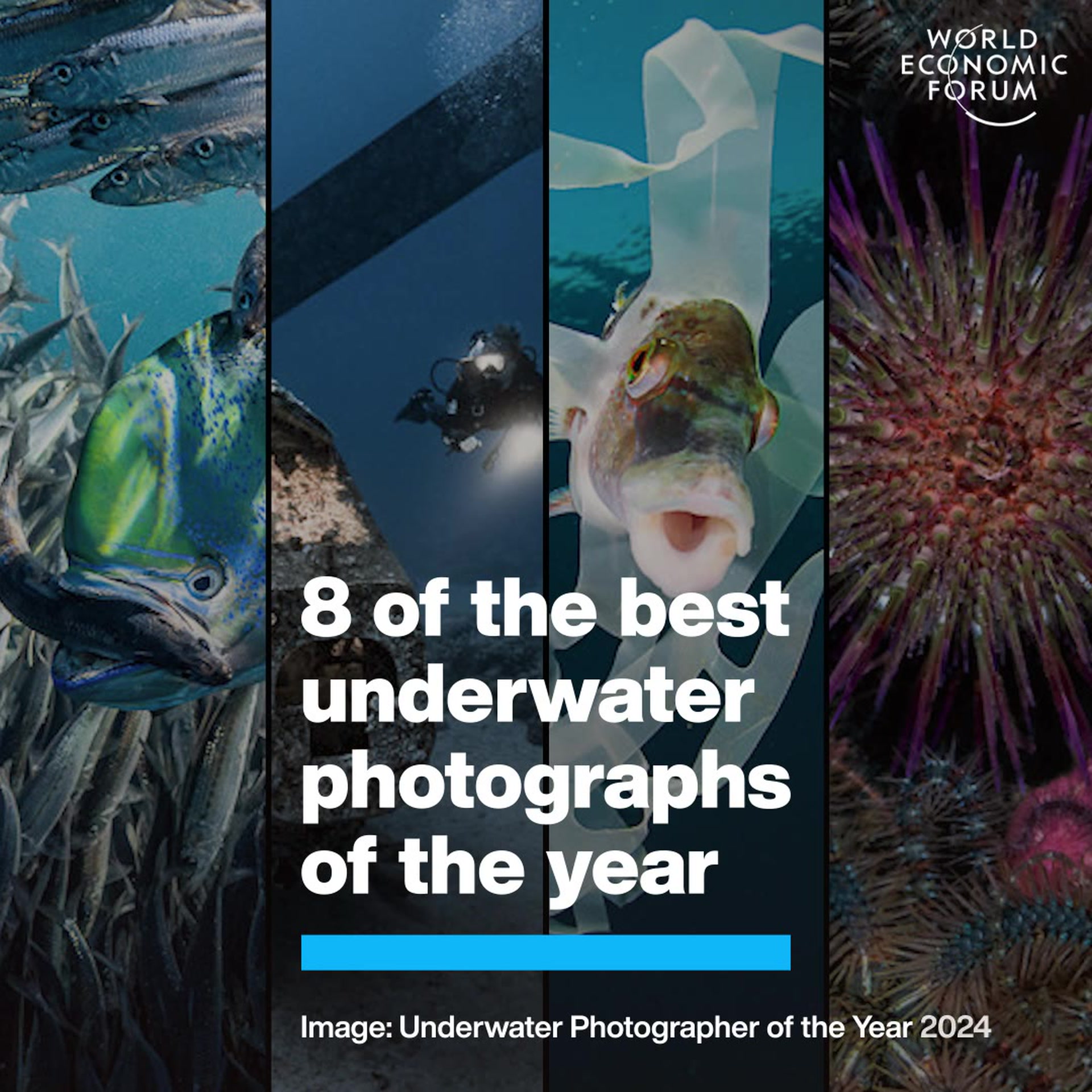This giant South African 'vacuum cleaner' leaves beaches microplastic-free

The Enviro Buggy is helping to sieve out microplastics and pick up normal, larger pieces of rubbish. Image: Jay Caboz

Get involved with our crowdsourced digital platform to deliver impact at scale
Stay up to date:
Ocean
- The Enviro Buggy vacuum cleaner sieves out microplastics and picks up normal, larger pieces of rubbish on a beach in Cape Town, South Africa.
- The same work would take humans days to achieve.
- Wildlife can get entangled in waste or eat it, as they can’t distinguish between it and real food.
A giant blue four-wheeled beach 'vacuum cleaner' is being used to keep a Cape Town beach plastic free.
Called the Enviro Buggy, it is helping to sieve out microplastics and pick up normal, larger pieces of rubbish from the Mother City's Lagoon Beach.
It can be seen trundling along the soft white sand, followed by a hoard of 50 mask-wearing beach cleaners carrying bags and picking up litter in its wake.
The Enviro Buggy is the brainchild of conservationist group #SeaTheBiggerPicture Ocean Initiative (#STBP) and engineers from Matriarch Generic Engineering.
“The Enviro Buggy was born out of a necessity. We were fed up with trying to pick up so many tiny degraded particles of plastic. It was near impossible by hand, even with a large-scale crew,” said Tash Krauss, a conservationist at STBP.
So they built the Enviro Buggy to suck up pesky microplastics, pieces of plastic that have broken down and now are smaller than 5mm, sieving them out from ordinary beach sand. It would take humans days to do the same using manual methods.
“Plastic doesn’t biodegrade, it just gets smaller and smaller. The idea behind the buggy is that with a strong vacuum suction you can suck up large amounts of sand particles that include these small parts of plastic particles. Then sand filters out ideally leaving just the plastic behind. Which we hope will make it a much more efficient cleaning method”, said Krauss.
Along with helping to sieve out microplastics, the Enviro Buggy is also designed to pick up normal, larger pieces of rubbish as well - which the team hopes will help beach cleaners pick up more rubbish faster.
Litter is a big problem for wildlife because they get entangled in it. This can lead to a slow painful death by starvation or suffocation for many creatures.

Animals also end up eating the plastic as they can’t distinguish between the litter and real food. This could possibly contaminate humans when they consume the wildlife that eat it. Researchers warn the effect of microplastic ingestion on human health is still largely unknown.
South African researchers have found almost 90% of South Africa's marine plastic pollution originates from its own river systems. This amounts to between 15,000 and 40,000 tonnes of marine plastic per year which ends up on South Africa’s beaches.
The team of conservationists hope the Enviro Buggy will go a long way toward helping beach cleaners suck up the problematic waste that washes up on South African shorelines, while creating awareness with this curious contraption.
Once the engine is roaring and the Enviro Buggy moves, it's almost cathartic to sit back and watch it suck up stray cigarette butts, straws, and bits of polystyrene. It's almost as if you were at home vacuuming your own carpet and not the hard to walk on soft white sand of Cape Town.
It’s still however got a few environmental obstacles it needs to overcome to be well and truly beach ready.
While it's capable of driving on wet sand, a team of 3 needs to give it a helping hand on softer parts of the beach– as the wheels get stuck. It also requires a ramp to access the sand, which might not be ideal to access certain beaches in South Africa.
“We loved the idea and got straight into designing it. Our small engineering company is based in Johannesburg and a long way from the beaches to test. But with their help on what they wanted out of this, we eventually designed the buggy,” said Luigi Faccio, engineer Matriarch Generic Engineering, and the man who designed it.
While its early days for the Enrivo Buggy, it shows that human ingenuity can go a long way toward making beaches cleaner - one giant sucking vacuuming cleaner at a time. The team is eager to make progress and is looking for funding.
Don't miss any update on this topic
Create a free account and access your personalized content collection with our latest publications and analyses.
License and Republishing
World Economic Forum articles may be republished in accordance with the Creative Commons Attribution-NonCommercial-NoDerivatives 4.0 International Public License, and in accordance with our Terms of Use.
The views expressed in this article are those of the author alone and not the World Economic Forum.
Related topics:
The Agenda Weekly
A weekly update of the most important issues driving the global agenda
You can unsubscribe at any time using the link in our emails. For more details, review our privacy policy.
More on OceanSee all
William Austin
April 17, 2024
Mark John Costello
April 8, 2024
Robin Pomeroy and Linda Lacina
March 28, 2024
Meg Jones
March 14, 2024













